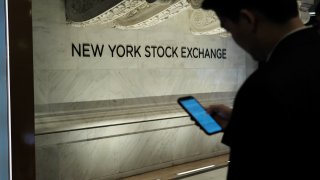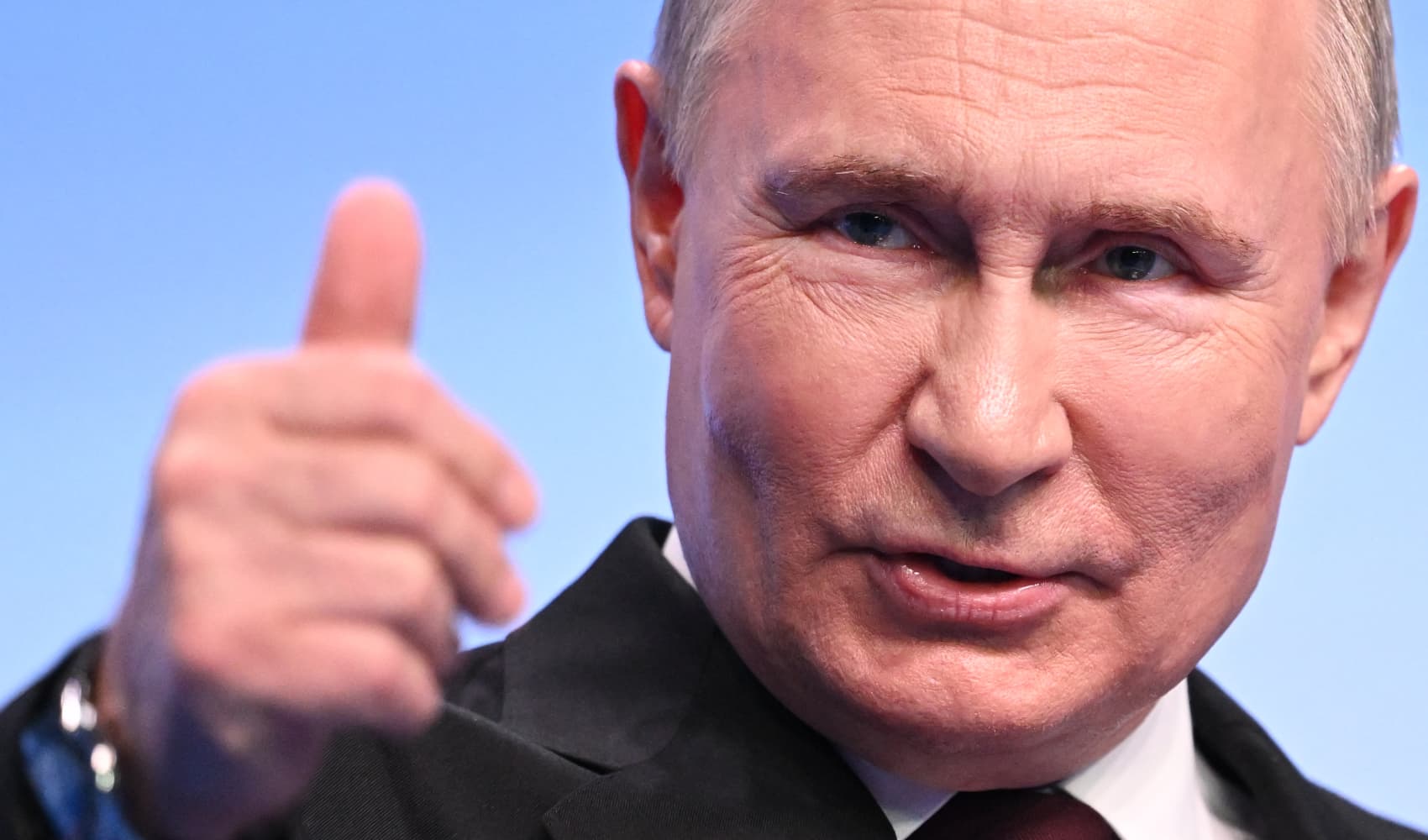
This report is from today's CNBC Daily Open, our new, international markets newsletter. CNBC Daily Open brings investors up to speed on everything they need to know, no matter where they are. Like what you see? You can subscribe here.
Investor fears subside. Is it premature?
What you need to know today
- A New York grand jury voted Thursday to indict former President Donald Trump in connection with a $130,000 hush money payment to porn star Stormy Daniels before the 2016 election, Trump's lawyer told CNBC. Trump is the first former president to be charged with a crime. In a statement, Trump called the indictment a "Witch-Hunt."
Get Boston local news, weather forecasts, lifestyle and entertainment stories to your inbox. Sign up for NBC Boston’s newsletters.
- U.S. markets traded higher Thursday as a measure of market volatility showed investor fears are abating. Europe's Stoxx 600 index rose 1.03%, led by H&M's 17.83% surge as the retailer reported a surprise first-quarter profit.
- In the event of a bank rescue in the European Union, the EU will start by "absorbing equity stack, and then the AT1 and then the Tier 2 and then the rest," Dominique Laboureix, chair of the EU's Single Resolution Board, told CNBC in an exclusive interview.
- There were 198,000 jobless claims for the week ended March 25. That's 7,000 more than the previous week and 2,000 more than the 195,000 estimate. But the total number indicates unemployment's still low and the labor market still tight.
- PRO The Nasdaq Composite has performed the best out of the three major indexes — it's nearly 15% up for the year. As we enter another earnings season, CNBC Pro analyzes the Nasdaq stocks investors are most bullish on.
The bottom line
Money Report
Fears are subsiding and markets are rebounding. But it'd be too premature to celebrate — at least not until we find out how the economy's doing from reports coming out soon.
Yesterday, all major indexes rose. The S&P 500 climbed 0.57%, the Dow Jones Industrial Average advanced 0.43% and the Nasdaq Composite added 0.73%. Investors continued flocking to technology stocks: Amazon rose 1.75%, Microsoft gained 1.26% and Netflix climbed 1.93%. "The Silicon Valley Bank fiasco was just the oxygen the tech bull needed to snap out of its funk and get back to work," CNBC's Jim Cramer said.
How do we know investors are regaining confidence, other than inferring their sentiment from market moves? We look at the CBOE Volatility Index. Derived from the price of S&P 500 options, the volatility index measures the market's expectations of how the S&P will move over the next 30 days. Hence, it serves as a proxy of investors' fears. Currently, it's around levels last seen at the start of March, before SVB collapsed.
In other words, markets seem to be pricing in the best of both words: "a recession that allows rates to be low and brings inflation down sharply, yet one that does not have a massively negative effect on corporate earnings," Ajay Rajadhyaksha, global chairman of research at Barclays, wrote in a Thursday note.
That might be premature, as Rajadhyaksha suggests. Yesterday's jobless claims number, while reporting an increase, is still below what the Federal Reserve would like to see for the labor market to slow substantially. We'll get more granular data on the economy with the release of the Personal Consumption Expenditures Price Index later today, and the March jobs report next week.
For now, though, it's undeniably nice to have a respite from the banking crisis.
— CNBC's Dan Mangan contributed to this report.
Subscribe here to get this report sent directly to your inbox each morning before markets open.






